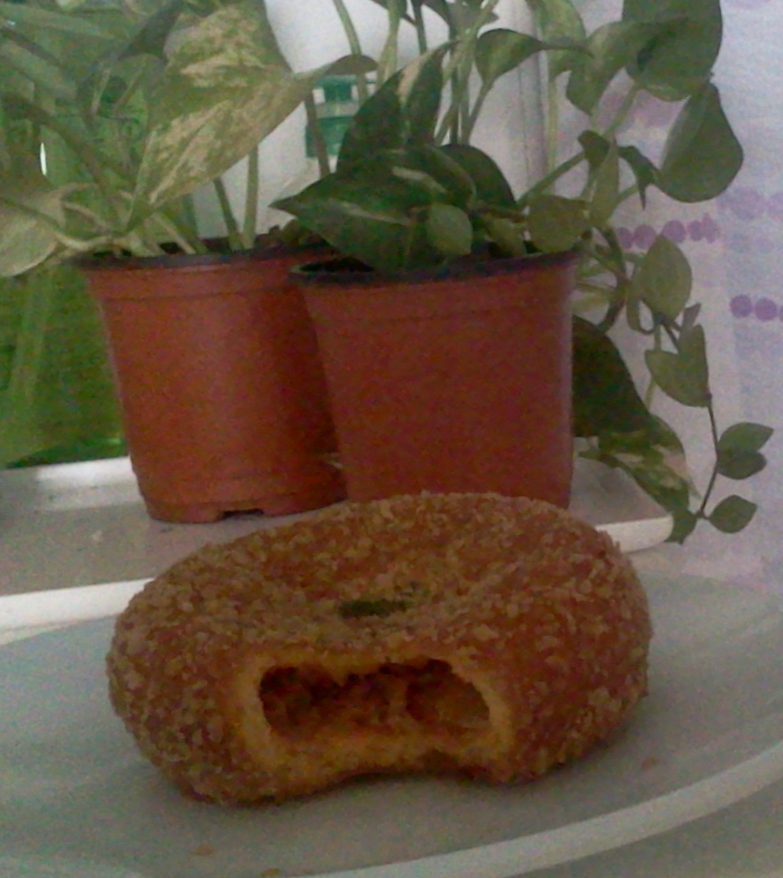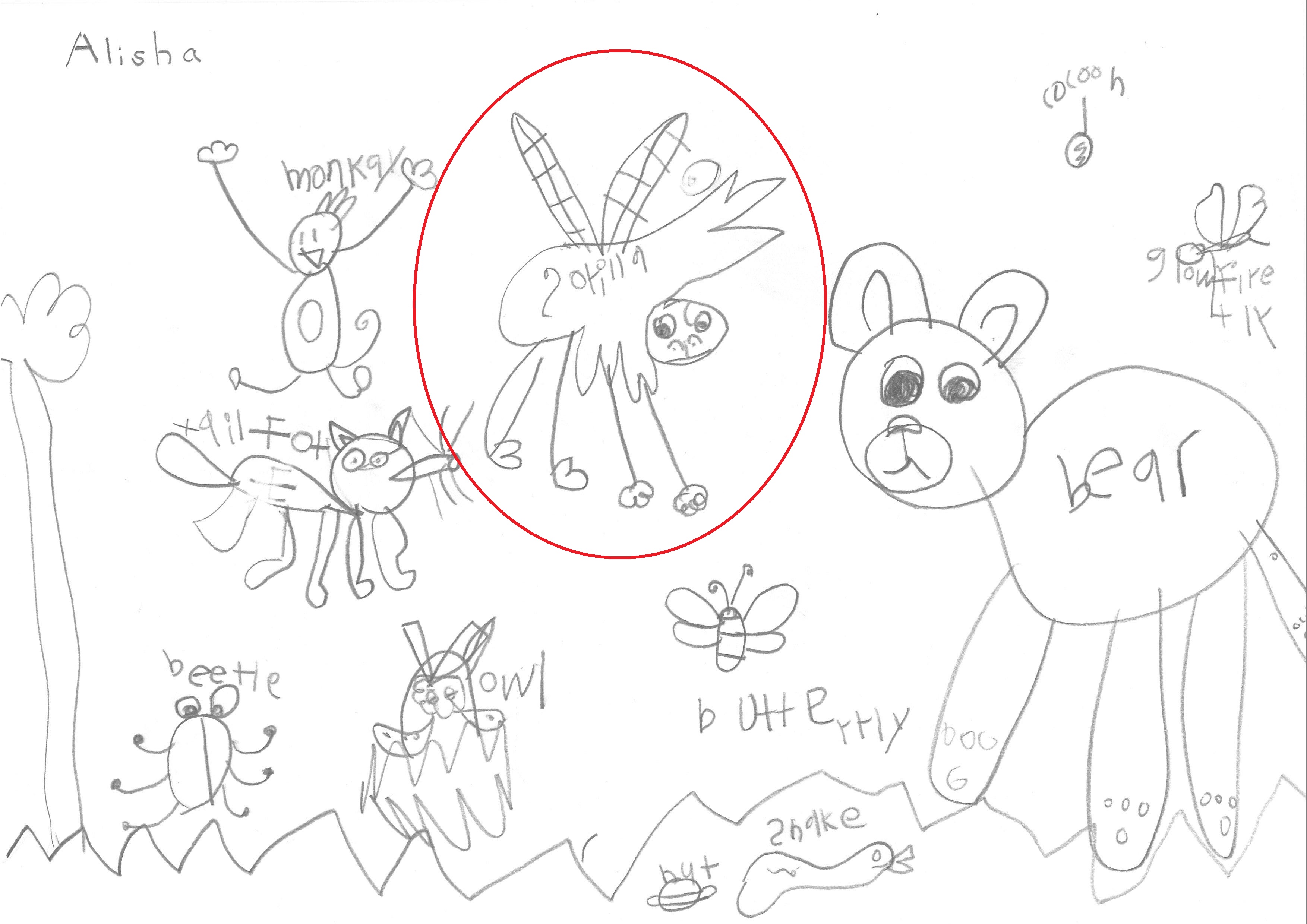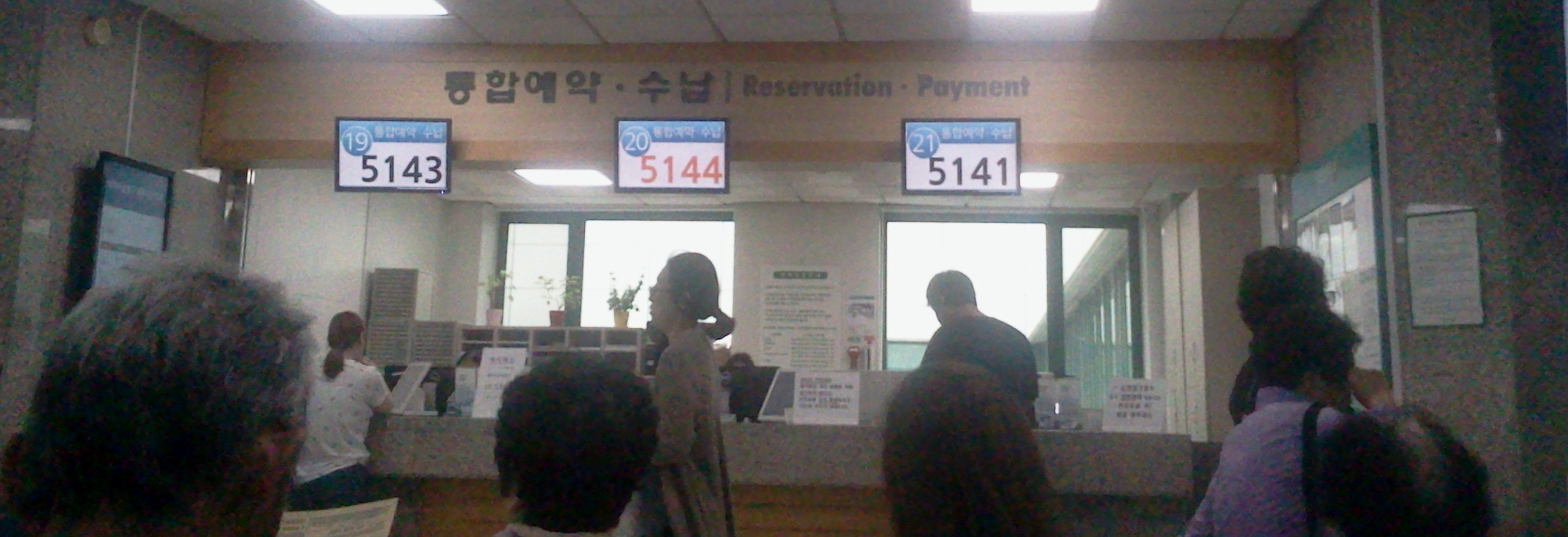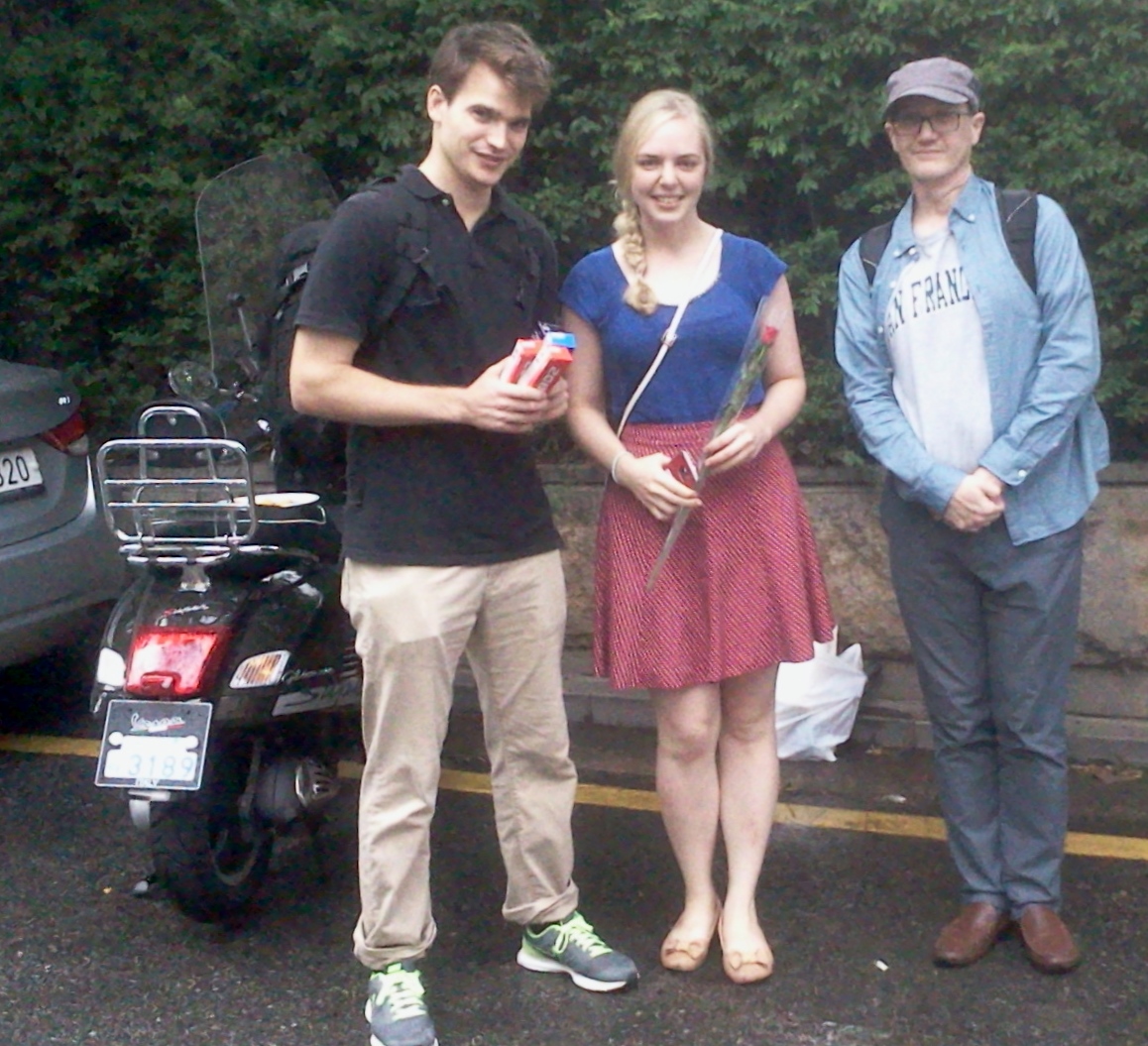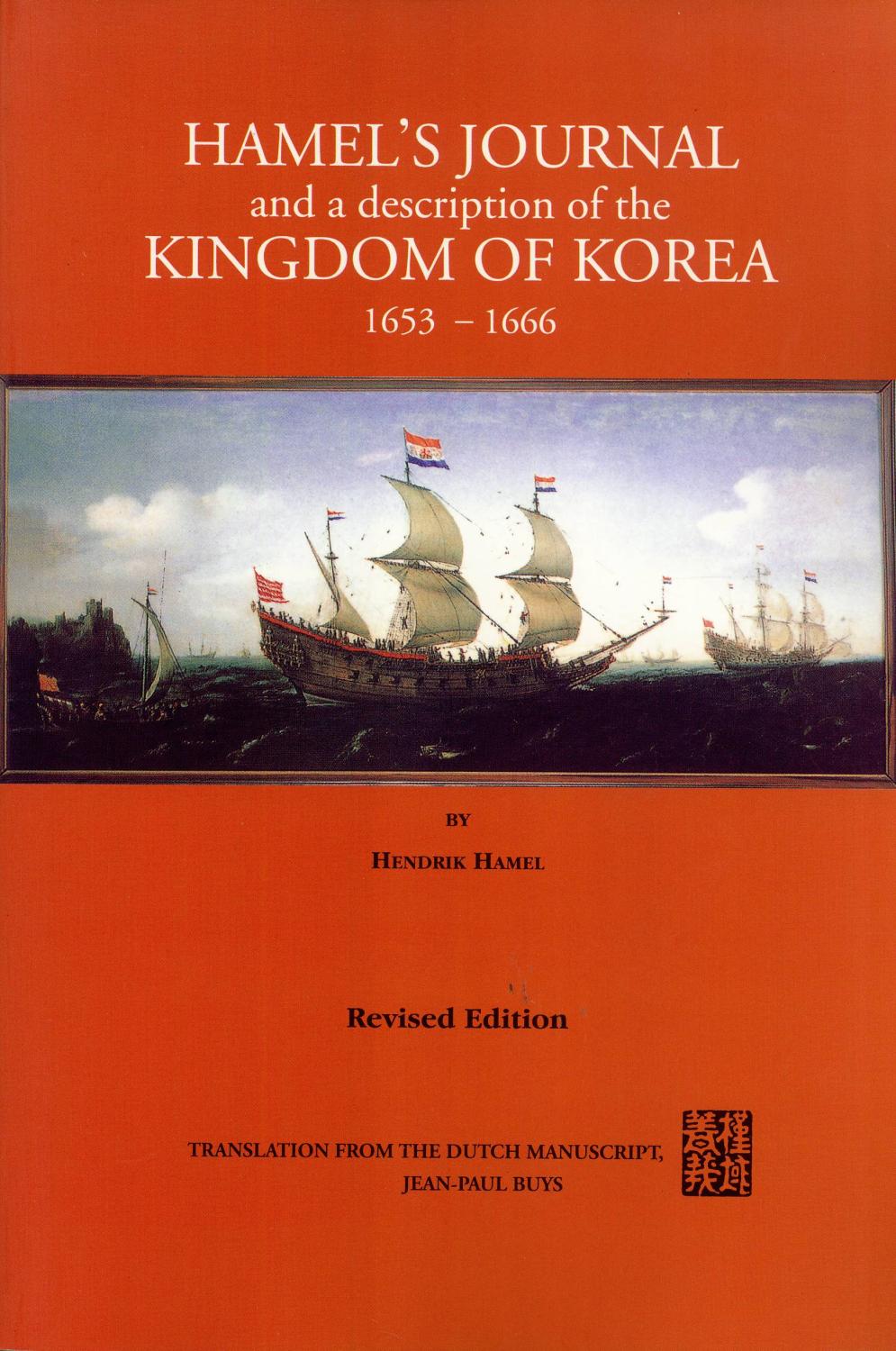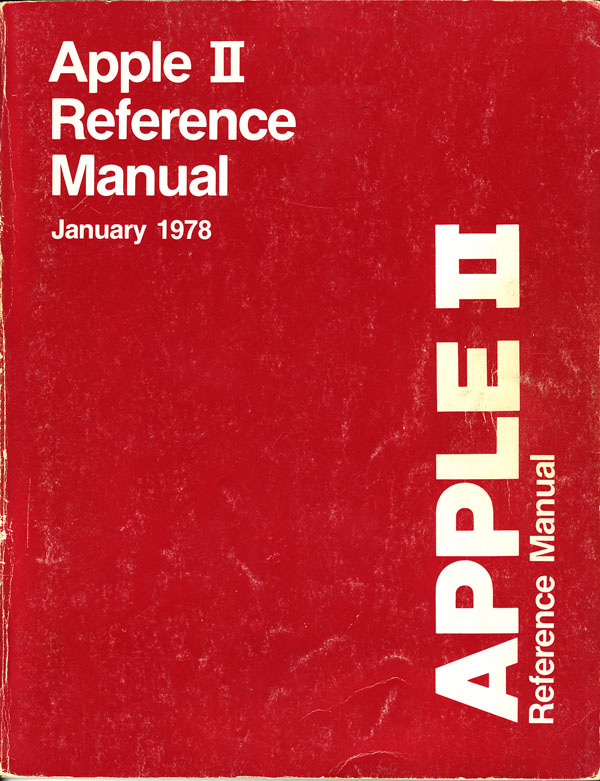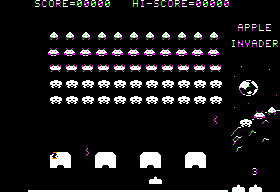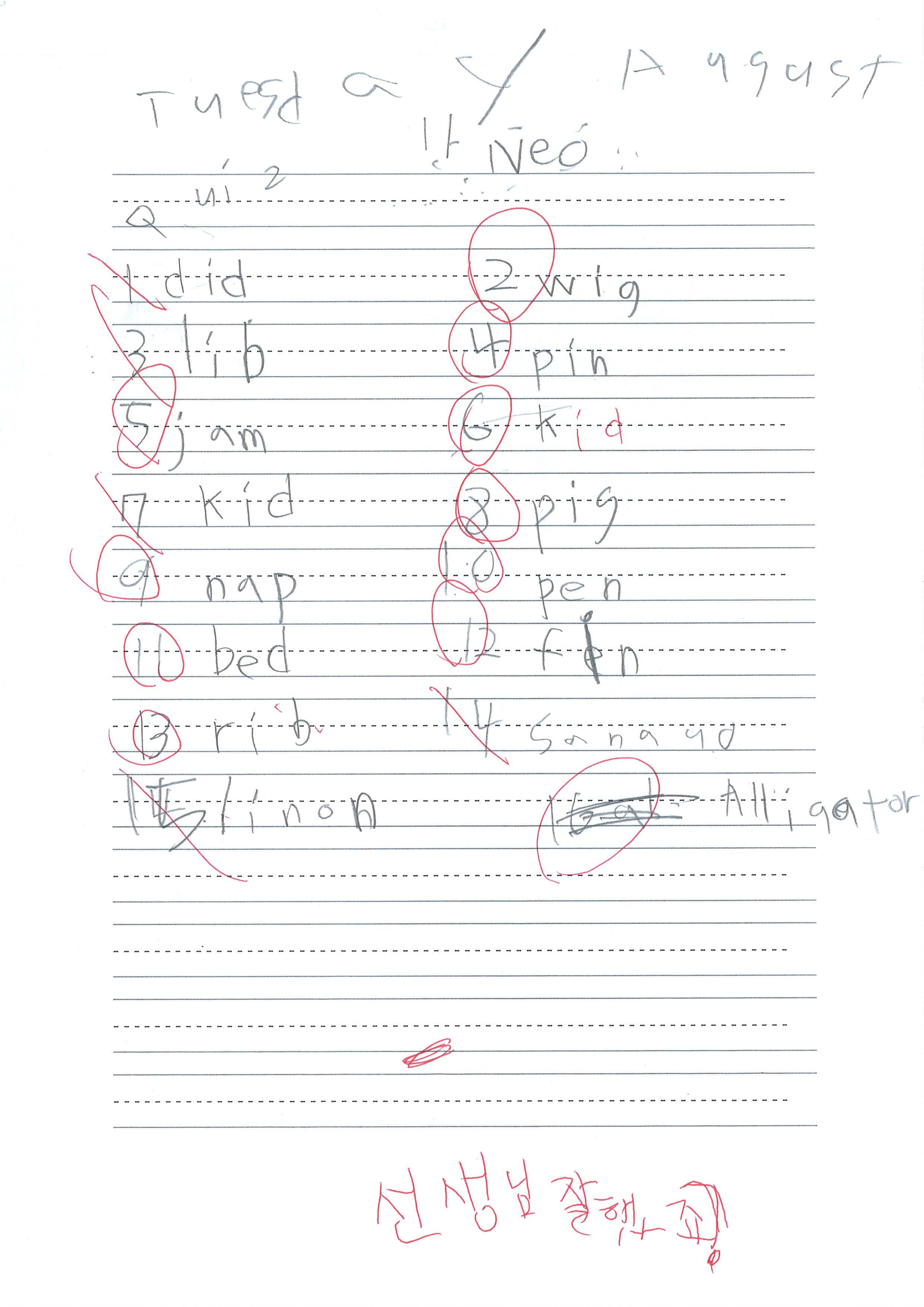I’m not exactly in the closet about my geofiction hobby – I’ve blogged about it once or twice before, and in fact I link to it in my blog’s sidebar, too – so alert blog-readers will have known it is something I do.
Nevertheless, I’ve always felt oddly reticent about broadcasting this hobby too actively. It’s a “strange” hobby in many people’s minds, and many aren’t sure what to make of it. Many who hear of it percieve it to be perhaps a bit childish, or at the least unserious. It’s not a “real” hobby, neither artistic, like writing or drawing, nor technical, like coding or building databases. Yet geofiction, as a hobby, involves some of all of those skills: writing, drawing, coding and database-building.
Shortly after my cancer surgery, I discovered the website called OpenGeofiction (“OGF”). It uses open source tools related to the OpenStreetmap project to allow users to pursue their geofiction hobby in a community of similar people, and “publish” their geofictions (both maps and encyclopedic compositions) online.
Early last year, I became one of the volunteer administrators for the website. In fact, much of what you see on the “wiki” side of the OGF website is my work (including the wiki’s main page, where the current “featured article” is also mine), or at the least, my collaboration with other “power users” at the site. I guess I enjoy this work, even though my online people skills are not always great. Certainly, I have appreciated the way that some of my skills related to my last career, in database design and business systems analysis, have proven useful in the context of a hobby. It means that if I ever need to return to that former career, I now have additional skills in the areas of GIS (geographic information systems) and wiki deployment.
Given how much time I’ve been spending on this hobby, lately, I have been feeling like my silence about it on my blog was becoming inappropriate, if my blog is truly meant to reflect “who I am.”
So here is a snapshot of what I’ve been working on. It’s a small island city-state, at high latitudes in the Southern Hemisphere, with both “real-world” hispanic and fully fictional cultural elements. Its name is Tárrases, on the OGF world map here.
Here is a “zoomable and slidable” map window, linked to the area I’ve been creating, made using the leaflet tool.
There were some interesting technical challenges to get this to display correctly on my blog, involving several hours of research and coding trial and error. If anyone is interested in how to get the javascript-based leaflet map extension to work on a webpage (with either real or imaginary map links), including blogs such as typepad that don’t support it with a native plugin, I’m happy to help.
I have made a topo layer, too. I am one of only 2-3 users on the OGF website to attempt this – But the result is quite pleasing.
I have always loved maps, and since childhood, I have sometimes spent time drawing maps of imaginary places. However, I never dreamed that I’d be producing professional-quality, internet-accessible maps of imaginary places. I believe it is a kind of artform.
So that’s where my time off sometimes disappears to.
UPDATE NOTE 1, 2016-12-05: The topo view is currently broken due to some work I’m doing. It will be repaired eventually.
UPDATE NOTE 2, 2017-02-16: The topo view has been repaired.
UPDATE NOTE 3, 2019-08-15: I noticed while doing other blog maintenance that the leaflet embeds were broken. I spent a few hours fixing them – apparently some recent leaflet.js update wasn’t backward-compatible (argh).
UPDATE NOTE 4, 2021-10-13: I noticed while doing other blog maintenance that the leaflet embeds were broken (again). I spent some time fixing them (again). Using a leaflet plugin for wordpress, now. Let’s see how long that works….
[daily log: walking, 1.5km]


